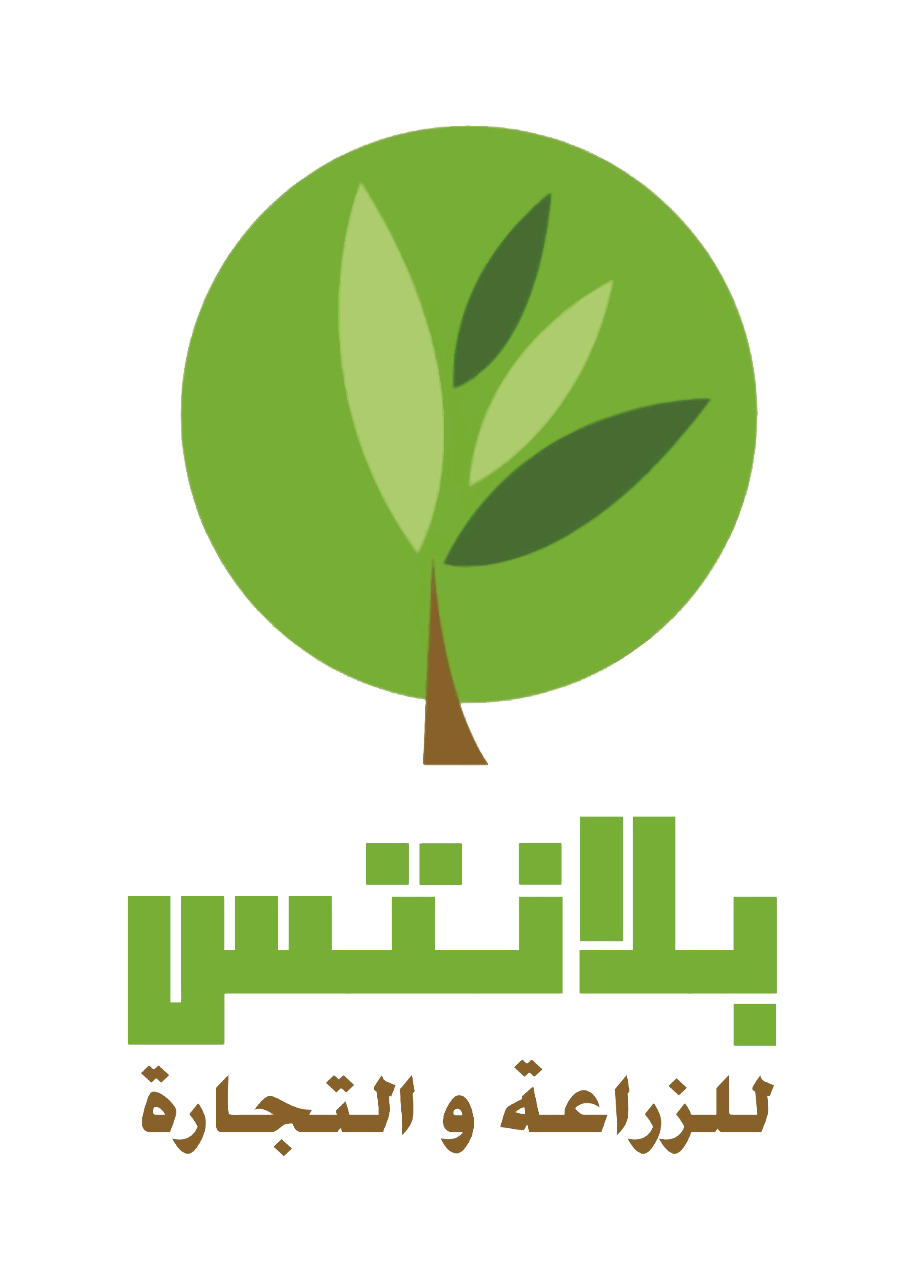- 20 Feb 2013
Launch of the International Year of Quinoa
New York, 20 February 2013 - Quinoa can play an important role in eradicating hunger, malnutrition and poverty, FAO Director-General José Graziano da Silva said today at the official launch of the International Year of Quinoa at UN Headquarters.
UN Secretary-General Ban Ki-moon, President Evo Morales of Bolivia and First Lady Nadine Heredia Alarcón de Humala of Peru were among the high-level participants in a day-long series of events celebrating the Andean "super food", a highly nutritious, cereal-like crop that is rich in protein and micronutrients.
"Today we are here to recruit a new ally in the fight against hunger and food insecurity --quinoa," said Graziano da Silva, citing the crop's unique nutritional characteristics and adaptability.
Quinoa is the only plant food that has all the essential amino acids, trace elements and vitamins, and also has the ability to adapt to different ecological environments and climates. Resistant to drought, poor soils and high salinity, it can be grown from sea level to an altitude of four thousand meters and can withstand temperatures between -8 and 38 degrees Celsius.
As the world faces the challenge of increasing the production of quality food to feed a growing population in a changing climate, quinoa offers an alternative food source for those countries suffering from food insecurity.
In Kenya and Mali, the crop is already showing high yields, the Director-General said, and initial FAO studies indicate that quinoa production could also be developed in the Himalayas, the plains of northern India, the Sahel, Yemen and other arid regions of the world.
Gift from the Andes
"This extraordinary grain has been a cultural anchor and a staple in the diet of millions of people throughout the Andes for thousands of years," UN Secretary-General Ban Ki-moon said. "Quinoa is now poised for global recognition."
The Secretary-General also highlighted the potential role of quinoa within the framework of his Zero Hunger Challenge, not only because of its nutritional value but also because most quinoa is currently produced by smallholder farmers.
"The crop holds the promise of improved incomes - a key plank of the Zero Hunger Challenge," Ban said.
He noted that many countries in South America are making strong progress toward meeting the Millennium Development Goal of reducing hunger by half, not only by increasing production, but also by reducing poverty and increasing access to nutritious food like quinoa.
Quinoa was of great nutritional importance to pre-Colombian Andean civilizations, second only to the potato. Traditionally, quinoa grains are roasted and then made into flour for bread. It can also be cooked, added to soups, used as a cereal, as pasta and even fermented into beer or chicha, the traditional drink of the Andes.
Today, quinoa has found a place in the gourmet kitchen and a role in the pharmaceutical and other industries. Cultivation of quinoa now extends beyond the Andean region and - besides Bolivia, Peru, Ecuador, Chile, Colombia and Argentina - it is also produced in the United States, Canada, France, the United Kingdom, Sweden, Denmark, Italy, Kenya and India.
"Quinoa is an ancestral gift of the Andean people," President Morales said, highlighting the important role of indigenous people as custodians of the crop for more than 7000 years.
A future sown thousands of years ago
The effort to promote quinoa is part of a broader FAO strategy to promote traditional or forgotten crops as a means to combat hunger and promote healthy eating.
"The International Year of Quinoa will serve not only to stimulate the development of the crop worldwide, but also as recognition that the challenges of the modern world can be confronted by calling on the accumulated knowledge of our ancestors and the small family farmers who currently are the major producers of the crop," said Graziano da Silva.
The event in New York kicks off a yearlong series of cultural, artistic and academic activities, as well as scientific research, which FAO hopes will contribute to the well-being of thousands of smallholder farmers and to consumers worldwide.
Special Ambassadors
President Evo Morales of Bolivia and First Lady Nadine Heredia Alarcón de Humala of Peru, who have been named FAO Special Ambassadors for the International Year of Quinoa, were recognized for their contributions during a special ceremony.
The First Lady highlighted the role of quinoa as a "viable and effective option for fighting hunger and malnutrition", and underlined the important role of women farmers in quinoa production.
